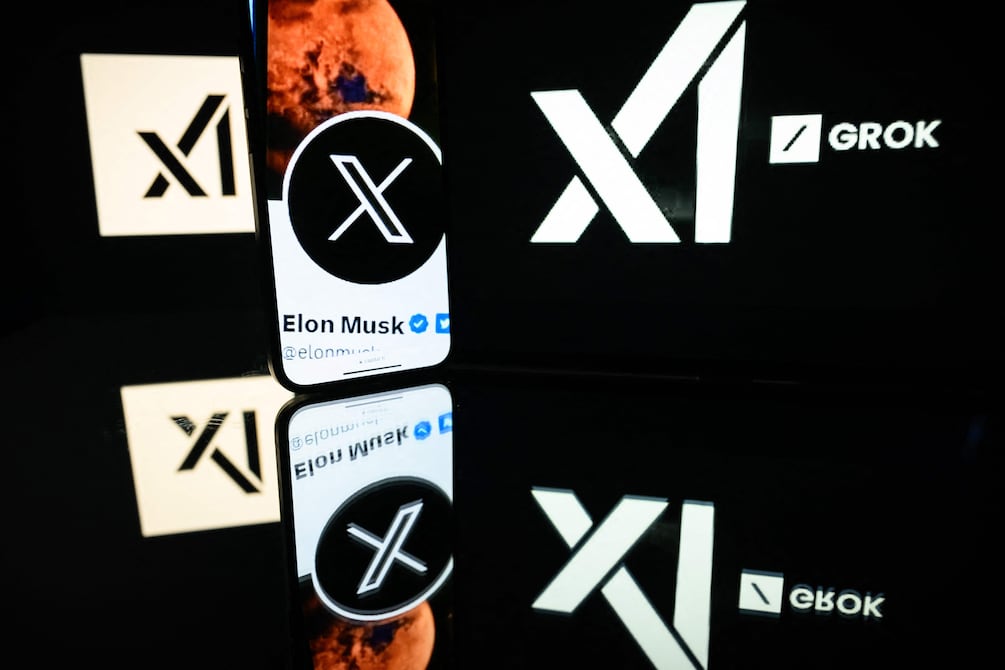AI Agents: The Next Evolution of Artificial Intelligence and Why You Should Care

Beyond Chatbots: Understanding AI Agents
Generative AI, like ChatGPT, excels at creating text, images, and code based on prompts. However, it's primarily reactive – it responds to specific requests. AI Agents, on the other hand, are proactive. They possess the ability to set goals, devise strategies, break down tasks, and execute them independently, often interacting with various tools and APIs to achieve their objectives. Think of them as digital assistants with a much broader skillset and a higher degree of autonomy.
Key Differences: AI vs. AI Agents
To truly grasp the significance of AI Agents, it's helpful to understand how they differ from traditional AI and even generative AI:
- Traditional AI: Typically performs specific, pre-defined tasks. It lacks the ability to adapt to new situations or pursue broader goals.
- Generative AI: Creates content based on prompts but doesn't inherently possess planning or execution capabilities.
- AI Agents: Combine generative AI's content creation abilities with planning, reasoning, and execution skills. They can learn and adapt their strategies over time.
How AI Agents Work: The Core Components
AI Agents are complex systems, but their functionality can be broken down into key components:
- Goal Setting: The agent is given a specific objective to achieve.
- Planning: The agent formulates a plan to reach the goal, potentially breaking the task into smaller, manageable steps.
- Execution: The agent executes the plan, interacting with tools, APIs, and other resources as needed.
- Observation & Learning: The agent monitors the results of its actions, learns from its successes and failures, and adjusts its strategies accordingly.
- Memory: Ability to retain past experiences and use them to inform future decisions.
Real-World Applications: Where Will We See AI Agents?
The potential applications of AI Agents are vast and span across numerous industries:
- Customer Service: Automated agents handling complex customer inquiries and resolving issues without human intervention.
- E-commerce: Personalized shopping assistants that proactively recommend products and manage orders.
- Finance: Automated trading systems and financial advisors that optimize investment strategies.
- Healthcare: AI agents assisting doctors with diagnosis, treatment planning, and patient monitoring.
- Software Development: Agents that can automate code generation, testing, and deployment.
The Future is Autonomous: Challenges and Opportunities
While AI Agents offer tremendous promise, there are also challenges to address. Ensuring safety, ethical considerations, and preventing unintended consequences are crucial. Furthermore, the development of robust and reliable AI Agents requires significant advancements in areas like reinforcement learning and natural language processing.
Despite these challenges, the future of AI is undoubtedly moving towards greater autonomy. AI Agents represent a pivotal step in that direction, and understanding their capabilities and implications is essential for navigating the rapidly evolving landscape of artificial intelligence. Prepare to witness a new era of intelligent automation – the era of AI Agents.






